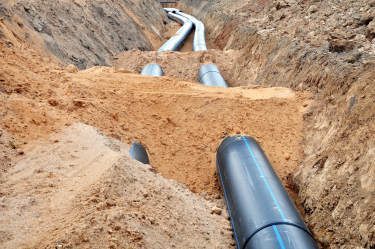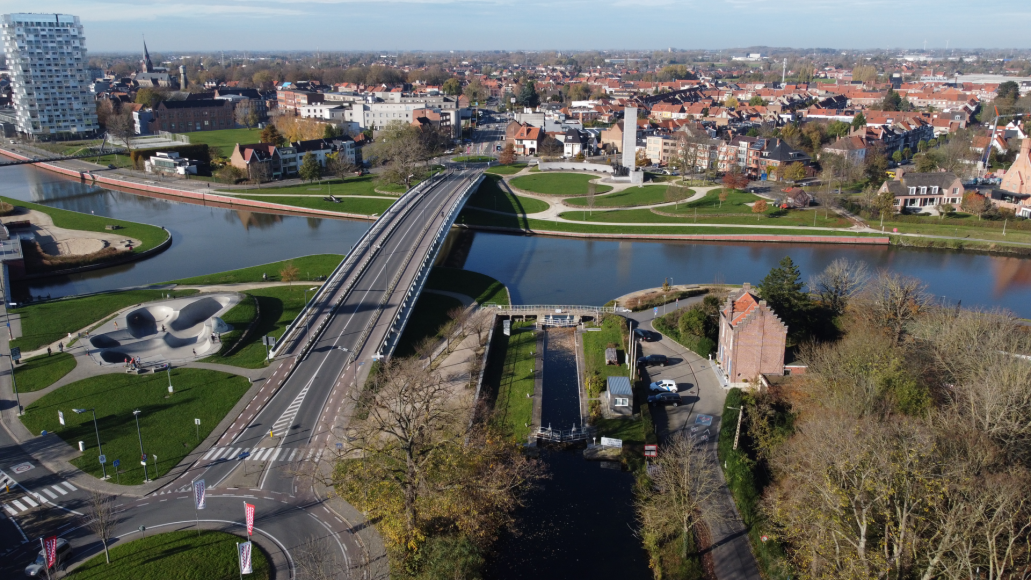Over 3 years ago, we started to investigate the feasibility of a large-scale heat network in Kortrijk. We had to identify the potential energy centres that could connect IMOG's waste incineration plant to the city centre. As a heat ambassadors, we also focused on getting all stakeholders to support the realisation of small-scale, local heat networks or islands. Because it was only by connecting these smaller heat islands one by one that a full extensive rollout would be feasible. The overall ambition? Heating all existing and new buildings in Kortrijk sustainably, with low-carbon renewable energy.


It is beyond dispute that residual heat is a perfectly deployable source of energy that can make gas boilers superfluous in the future.
Patrick Verdonck
Lead Business Development at Antea Group




